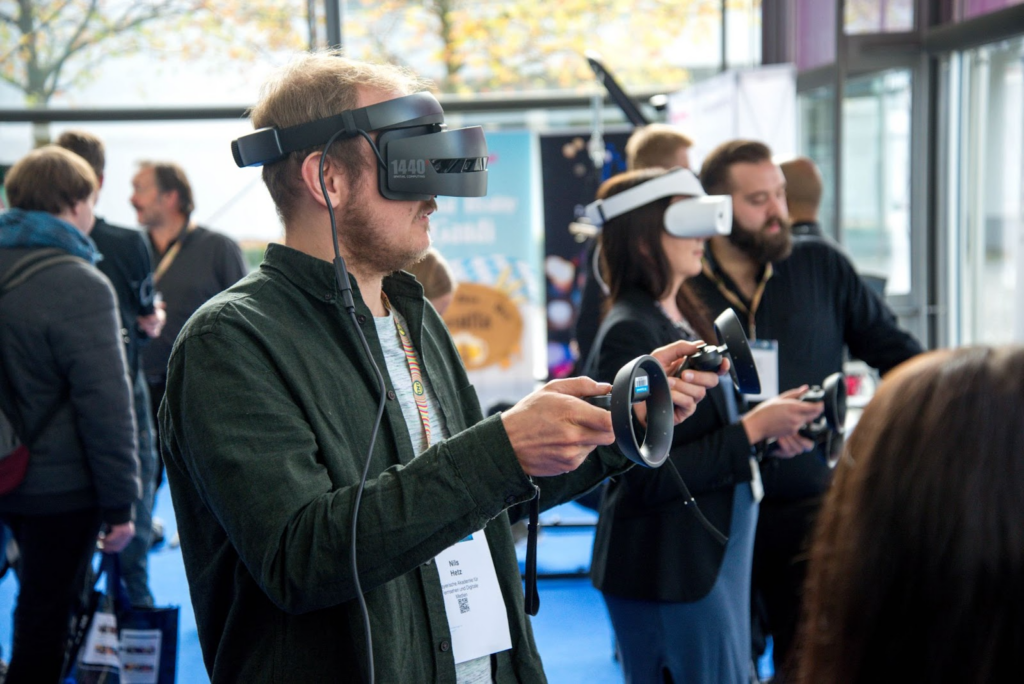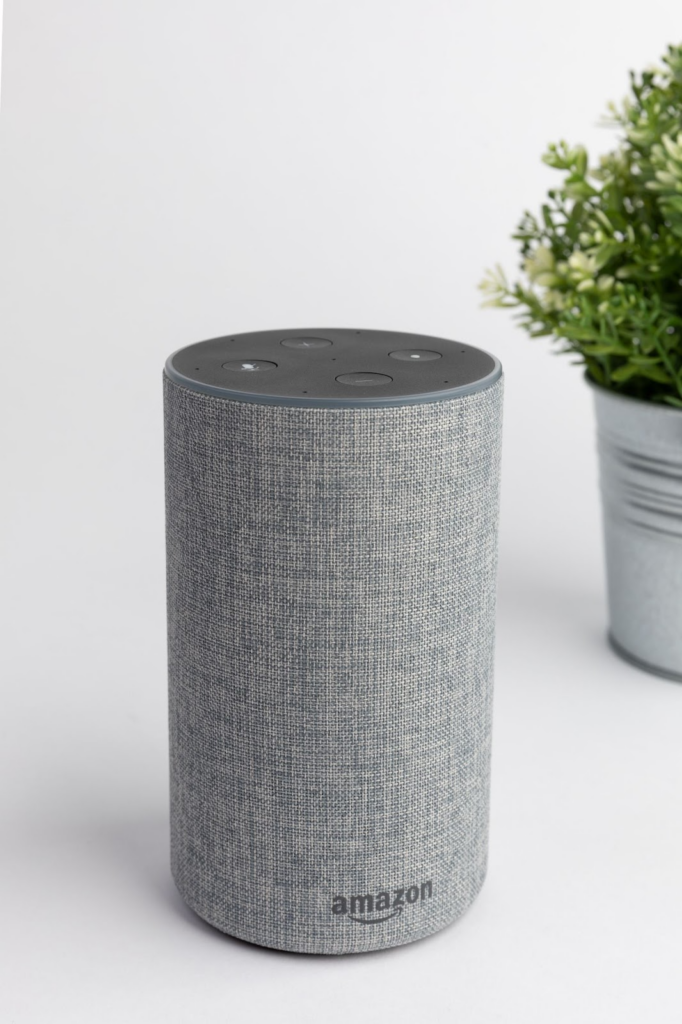For the past few years, new technologies have been completely changing the world of business, and this has had a significant impact on how brands are represented. Brands now have an unprecedented opportunity to interact with their customers in previously impractical ways thanks to the rise of artificial intelligence, virtual reality, and blockchain.
Personalization
The rise of personalization in modern marketing is driven by the need to connect with customers in a more meaningful way. With the help of emerging technologies like AI, machine learning, and data analytics, businesses can analyze vast amounts of customer data to gain insights into their preferences, behaviors, and buying habits. This allows them to create tailored marketing campaigns that speak directly to each individual customer, increasing engagement and loyalty.

Augmented reality (AR) and virtual reality (VR)
As brands can now give customers immersive experiences that let them interact with goods and services in fresh and interesting ways, AR and VR are transforming marketing methods. In order to increase the likelihood that customers will be satisfied, brands can use these technologies to develop virtual showrooms and product demos that let customers explore and comprehend products in a virtual environment.
Customers can enjoy a fun and engaging experience by using AR and VR to design distinctive and interactive marketing campaigns. Through improved customer understanding of business offers and the way they interact with consumers, these technologies are revolutionizing marketing strategies. Future marketing will likely incorporate innovative uses as these technologies advance.

Voice Assistants and Chatbots
Two technologies that are growing rapidly in popularity and offering new options for brands to engage with their customers are voice assistants and chatbots. Brands may offer help and customer care in a more convenient and approachable way by utilizing chatbots on platforms like Facebook Messenger and WhatsApp, as well as voice assistants like Amazon Alexa and Google Assistant.

These technologies can also be utilized to develop new methods for consumers to interact with goods and services. For example, a voice-powered smart home device can allow customers to control lights, temperatures, and other settings with their voice. Future marketing will likely incorporate even more cutting-edge applications as these technologies advance and expand.
Conclusion
As new technologies and trends emerge, marketing is going to be rapidly changing. With the rise of artificial intelligence, data analytics, and personalized experiences, marketers must stay ahead of the curve and continuously innovate their strategies to remain competitive. Businesses may reach their target demographic more successfully and offer a more engaging consumer experience by keeping an eye on emerging trends and technologies like augmented reality, voice search, and influencer marketing. Finally, accepting change and utilizing new technology to forge deep connections with clients are the keys to success in the future of marketing.



